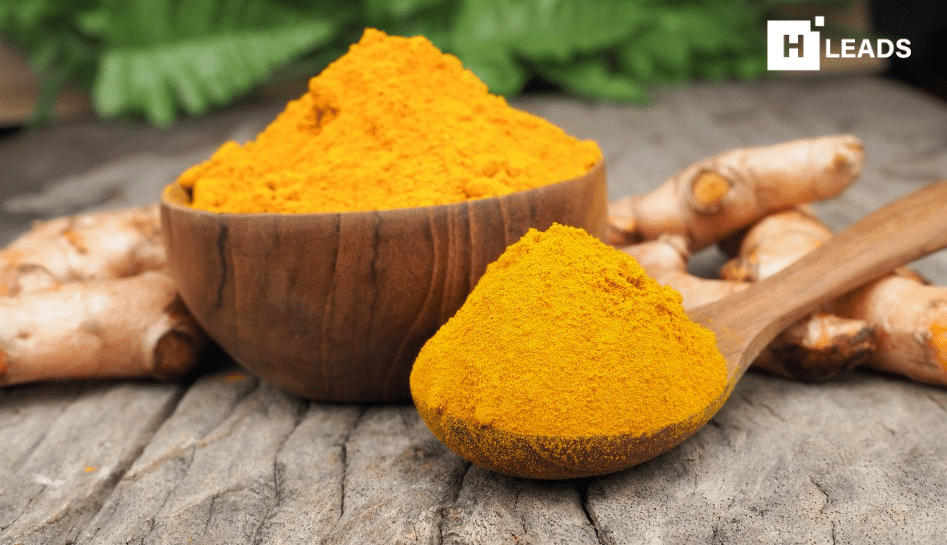Turmeric, derived from the Curcuma longa plant, contains curcumin, a naturally active compound with believed anti-inflammatory and antimicrobial properties
A natural compound found in the spice turmeric, could be as effective as the drug omeprazole in treating indigestion symptoms, a study published in the journal BMJ Evidence-Based Medicine suggests.
Turmeric, derived from the Curcuma longa plant, contains curcumin, a naturally active compound with believed anti-inflammatory and antimicrobial properties. It has been used as a medicinal remedy in South East Asia for various ailments, including indigestion.
The study aimed to compare turmeric with omeprazole, a drug commonly used to reduce excess stomach acid, in treating functional dyspepsia, a condition characterized by symptoms like postprandial fullness, early satiety, and epigastric pain.
Researchers enrolled 206 patients aged 18-70 with recurrent upset stomach of unknown cause from hospitals in Thailand between 2019 and 2021. They divided these patients into three groups for a 28-day treatment period:
- Turmeric (two large 250 mg curcumin capsules four times a day) with one small dummy capsule.
- Omeprazole (one small 20 mg capsule daily) with two large dummy capsules four times a day.
- A combination of turmeric and omeprazole.
The results showed that all three groups experienced significant reductions in symptom severity, as assessed by the Severity of Dyspepsia Assessment (SODA) score. This included improvements in pain and other symptoms by day 28 and even stronger improvements by day 56.
Turmeric users didn’t report significant changes in satisfaction scores, possibly due to taste or smell issues. No serious side effects were reported, although some curcumin users with excess weight showed minor liver function deterioration.
Despite the study’s limitations, such as its small size and short intervention period, the researchers concluded that their findings provide reliable evidence for treating functional dyspepsia. They suggest that curcumin’s effectiveness may justify its consideration in clinical practice for indigestion treatment. However, larger and longer-term studies are needed to confirm these results.
Also Read : WHO chief bats for integration of traditional medicine into national health systems


















Add Comment